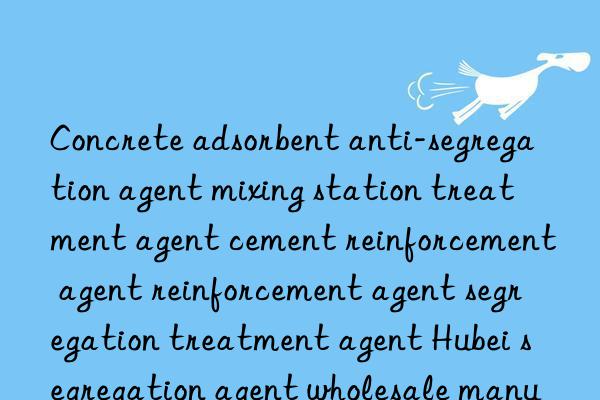
The reasons for segregation may be improper pouring and vibration, the maximum particle size of the aggregate is too large, the proportion of coarse aggregate is too high, the content of cementitious materials and fine aggregate is low, and the content of coarse aggregate is lower than that of fine aggregate. The density is too high, or the mixture is too dry or too thin, etc. The tendency to segregation can be reduced by using mineral admixtures or air-entraining agents.
The hazards of segregation
Affect the pumping performance of concrete, cause sticky tanks, blocked pipes, affect the construction period, etc., and reduce economic benefits.
Affects the apparent effect of the concrete structure, such as sand patterns, exposed aggregates, and exposed steel bars on the surface of the concrete.
The strength of the concrete will be greatly reduced, which will seriously affect the load-bearing capacity of the concrete structure, destroy the safety performance of the structure, and in severe cases will cause rework and huge economic losses.
but the uniformity of concrete is poor, resulting in inconsistent shrinkage of various parts of the concrete and prone to concrete shrinkage cracks. Especially when constructing concrete floor slabs, due to concrete segregation, the surface cement slurry layer thickens, shrinkage increases sharply, and serious cracks occur. It greatly reduces the durability properties of concrete such as concrete impermeability and frost resistance.

 微信扫一扫打赏
微信扫一扫打赏

